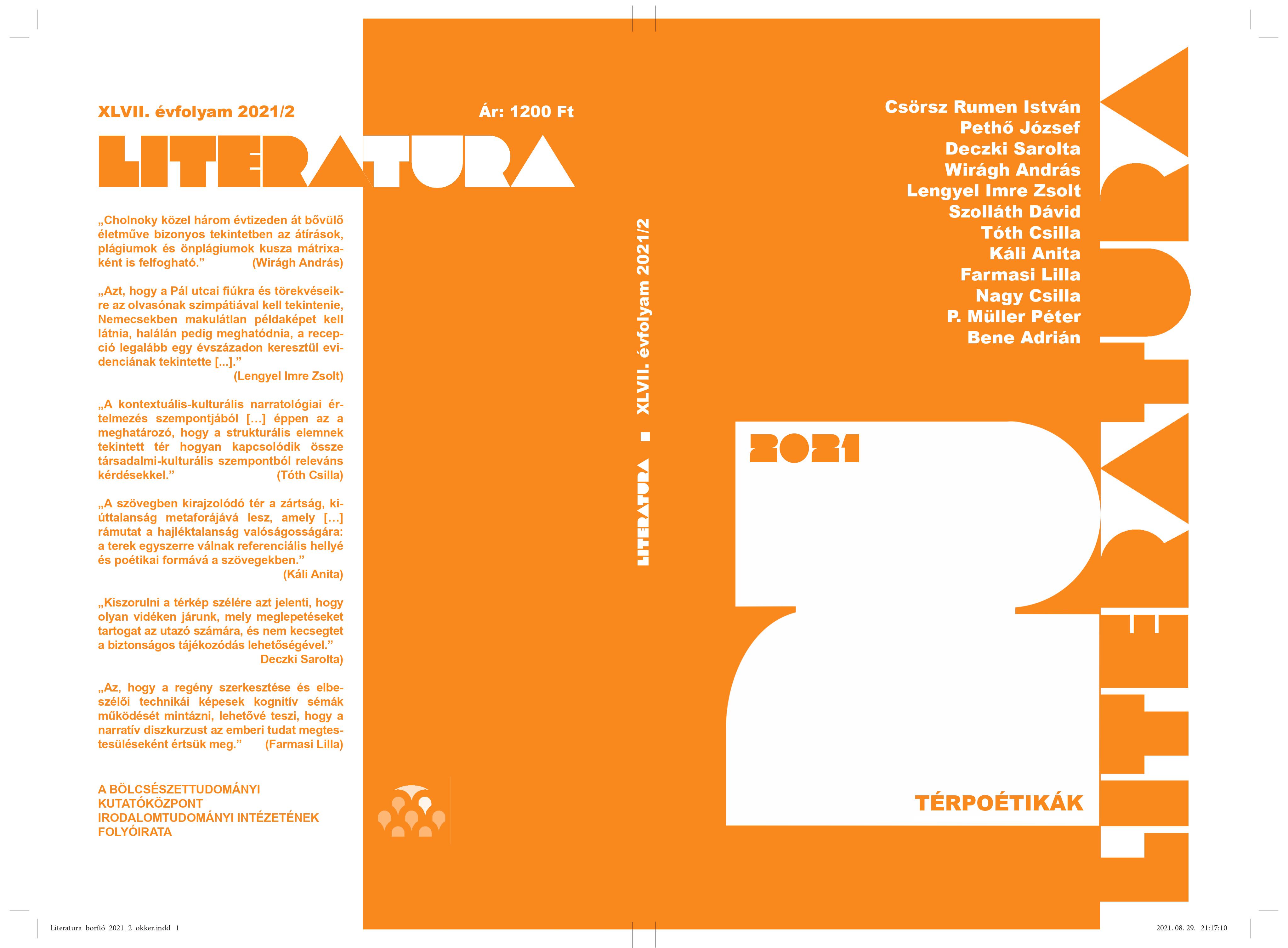Illusio és irónia A Pál utcai fiúkban
Absztrakt
Illusio and Irony in The Paul Street Boys
The paper aims to show how the reception of The Paul Street Boys, the widely read 1906 novel by Ferenc Molnár, was constrained for more than a century by the supposed message of the book, which critics almost unanimously hypothesized to center on values like heroism, patriotism and self-abnegation. My analysis finds that by repudiating this tradition, it becomes possible to discover within the text an analytic counter-tendency detached from these values, which in some respects anticipates later theories by Reich, Adorno, Deleuze and Guattari about the desire for fascism. The paper uses Bourdieu’s notion of illusio to show how the novel builds its plot in a way that allows the reader to reconstruct a rational motive even for apparently irrational decisions, like the self-sacrifice of the protagonist, Nemecsek. It then exposes the fundamentally ironic structure of the text, which renders plausible both empathic and critical readings, thus making the attitudes of the main characters seem understandable and objectionable at the same time. In conclusion, the paper emphasizes the role of social context in propagating or excluding certain interpretations.



